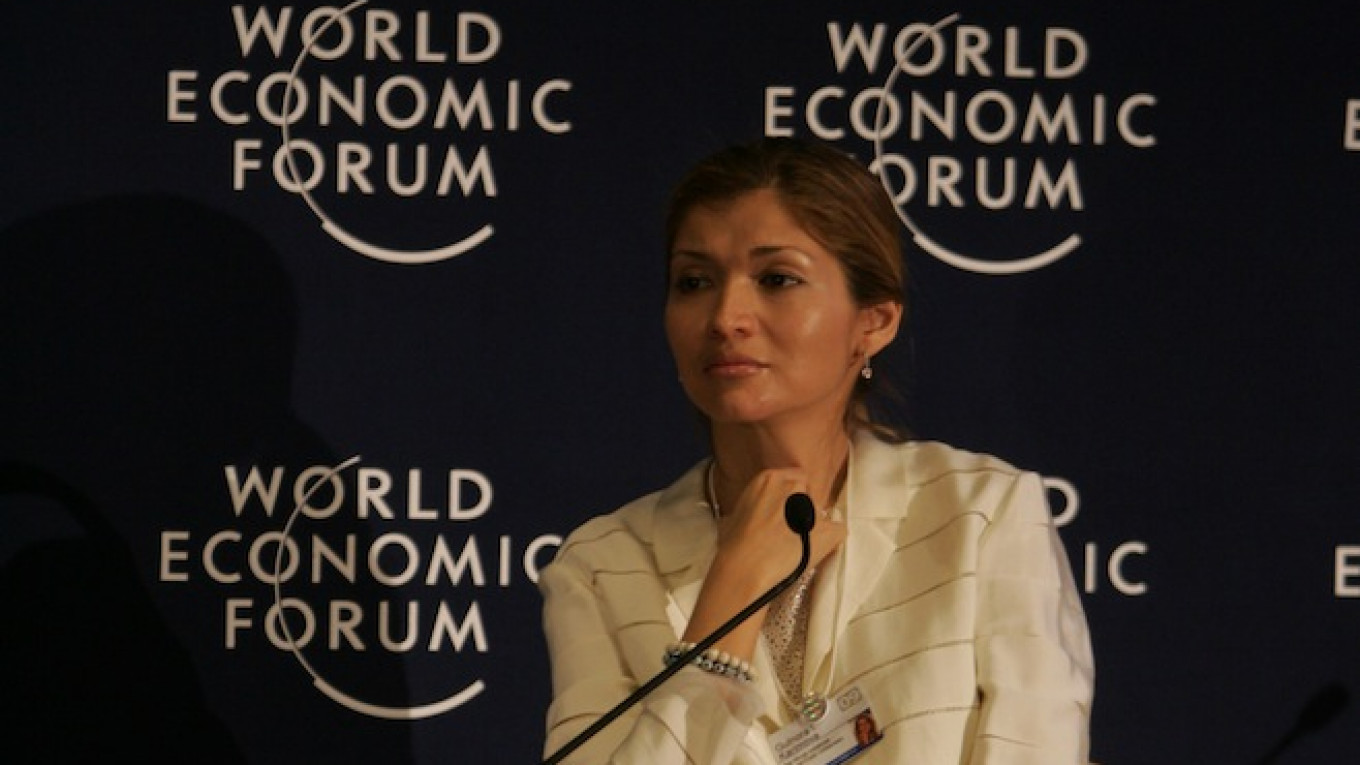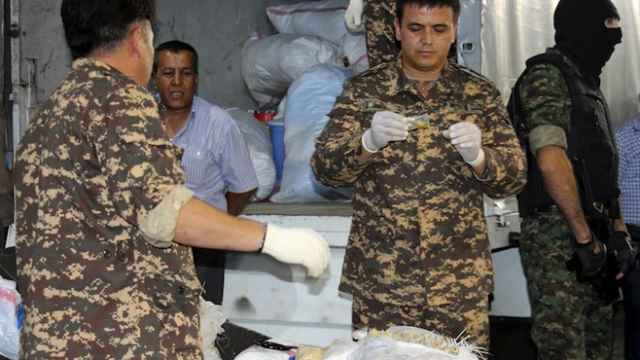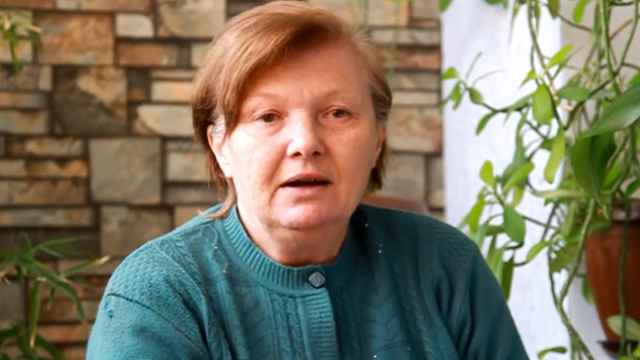Originally published by EurasiaNet.org
Uzbekistan is planning to introduce a new form of criminal penalty that appears tailor-made to wield against Gulnara Karimova, the disgraced daughter of strongman leader Islam Karimov, in due course.
Parliament is considering amendments to the criminal code that would allow the courts to sentence convicted offenders to house arrest instead of prison or other forms of punishment, MP Aliya Yunusova, told the legal news website Norma.uz on July 29.
House arrest is currently only applied as a form of pre-trial detention, but if the change is passed by Uzbekistan's rubber stamp parliament — a foregone conclusion — it will be on the statute books as a penalty.
That could theoretically provide Karimov's administration with a face-saving legal resolution to the saga of the disgraced Karimova, who has been held under house arrest since February 2014 but never charged with a crime (at least to public knowledge).
At first no explanation was given for her detention, but last September prosecutors said Karimova was under investigation on suspicion of involvement in organized crime and corruption.
Her associates Gayane Avakyan and Rustam Madumarov had been convicted in a related case, the prosecutors said. They are believed to be serving jail terms in Uzbekistan.
The two also feature in a Swiss money-laundering investigation in which Karimova is a suspect, which is linked to a Swedish probe into allegations of illicit payments in Uzbekistan's telecoms sector.
The sudden move to introduce house arrest as a penalty may be a prelude to developments in Karimova's case, such as filing formal charges against her with a view to bringing her to trial.
Putting house arrest on the statute books would allow "the principles of justice" to be served as well as reducing the number of prisoners in penitentiary institutions, Yunusova said.
It would also "protect the offender from the negative effect of criminal elements," and be in the interests of rehabilitation "as the main goal of penal sanctions."
Women, young people, the elderly and offenders of good character could be candidates for house arrest, she added.
The move to amend the criminal code comes in the wake of revelations that a close relative of the president is under suspicion of money-laundering in the United States in a case filed by the U.S. government.
Earlier this month, the Department of Justice won a legal ruling to seize $300 million it alleges are illicit proceeds from an "international conspiracy" involving a "close relative" of Karimov's identified only as "GOVERNMENT OFFICIAL A."
Karimova has held posts including deputy foreign minister and ambassador to Spain and the United Nations in Geneva.
Her associates Avakyan and Madumarov were named in the indictment as the alleged owners of shell companies used to launder illicit payments made by two telecoms companies, Russia's MTS and Amsterdam-based VimpelCom, to curry influence and secure favorable decisions to operate in Uzbekistan's telecommunications sector. (VimpelCom is cooperating with the investigation, a spokesperson told EurasiaNet.org last month; MTS declined to comment.)
Under the draft legislation, house arrest could be the sentence for offenders convicted of minor crimes that "do not present a great danger to society," Yunusova explained.
She also pointed out that the criminal code already offers a discretionary remit for the courts to curtail freedoms "for other crimes," depending on the circumstances, including for economic offenses if the offender repays the damage.
If Karimova is eventually charged, tried and convicted of a crime, sentencing her to house arrest is potentially less embarrassing to the president than jailing her.
A Message from The Moscow Times:
Dear readers,
We are facing unprecedented challenges. Russia's Prosecutor General's Office has designated The Moscow Times as an "undesirable" organization, criminalizing our work and putting our staff at risk of prosecution. This follows our earlier unjust labeling as a "foreign agent."
These actions are direct attempts to silence independent journalism in Russia. The authorities claim our work "discredits the decisions of the Russian leadership." We see things differently: we strive to provide accurate, unbiased reporting on Russia.
We, the journalists of The Moscow Times, refuse to be silenced. But to continue our work, we need your help.
Your support, no matter how small, makes a world of difference. If you can, please support us monthly starting from just $2. It's quick to set up, and every contribution makes a significant impact.
By supporting The Moscow Times, you're defending open, independent journalism in the face of repression. Thank you for standing with us.
Remind me later.






